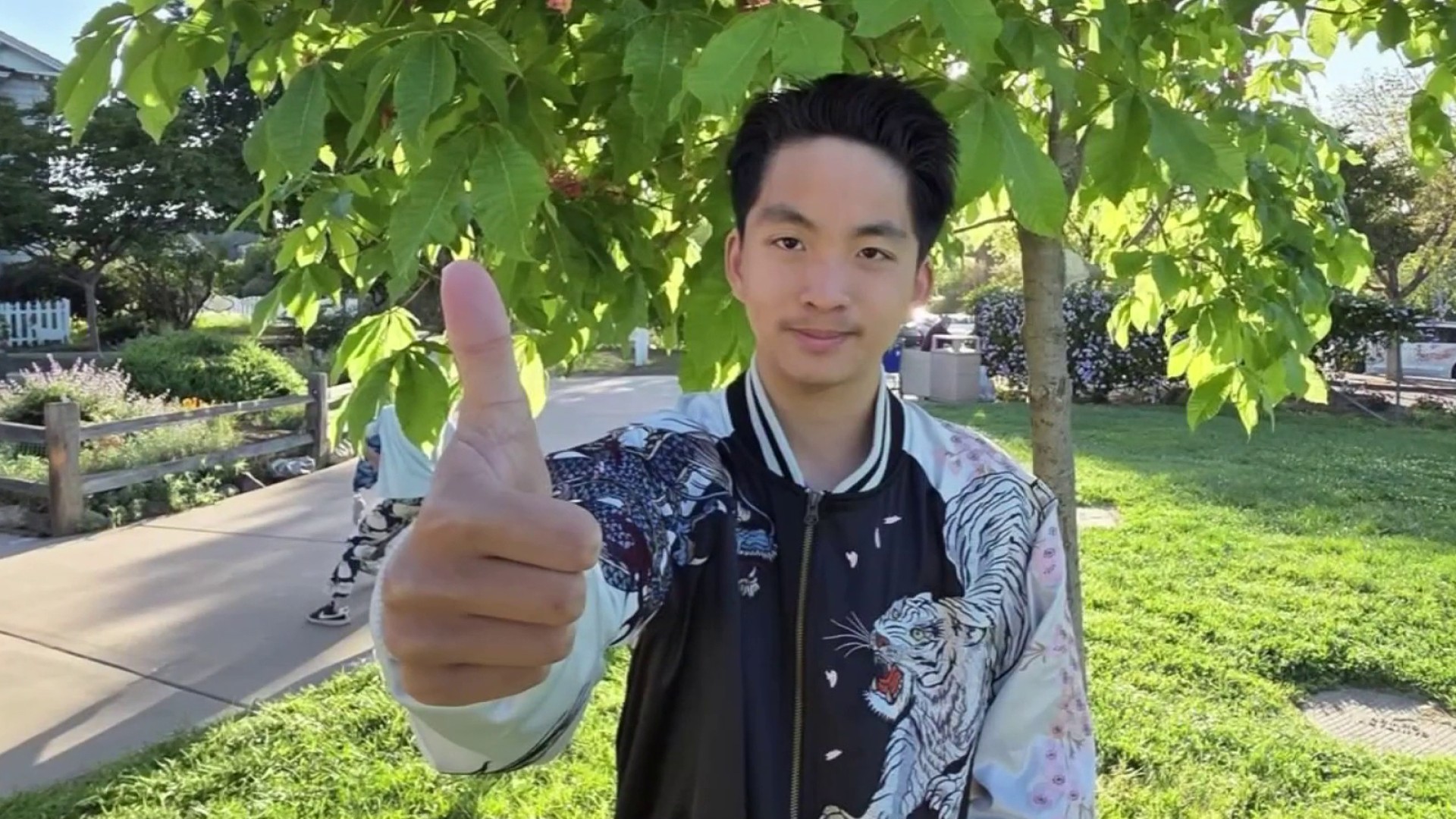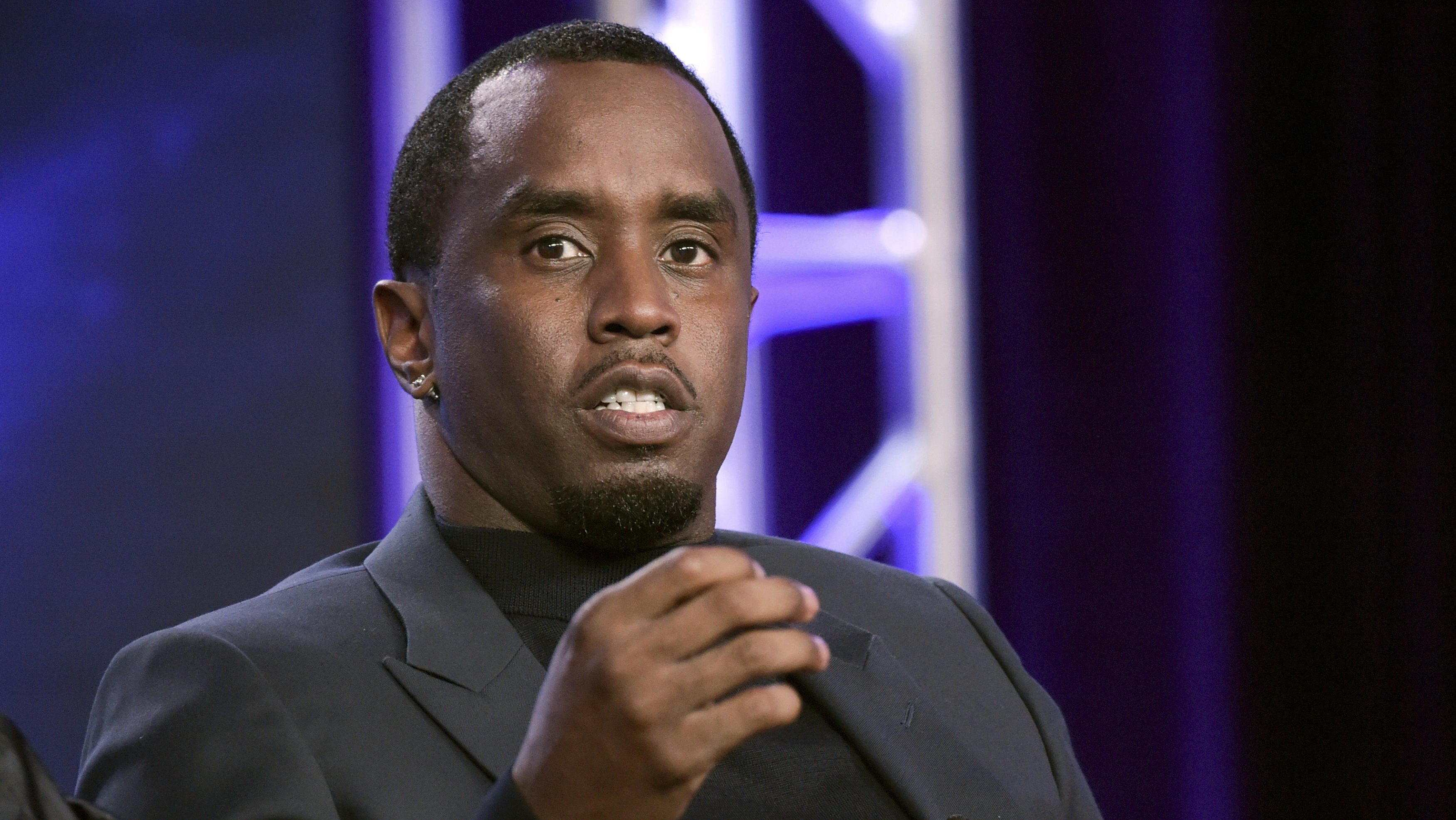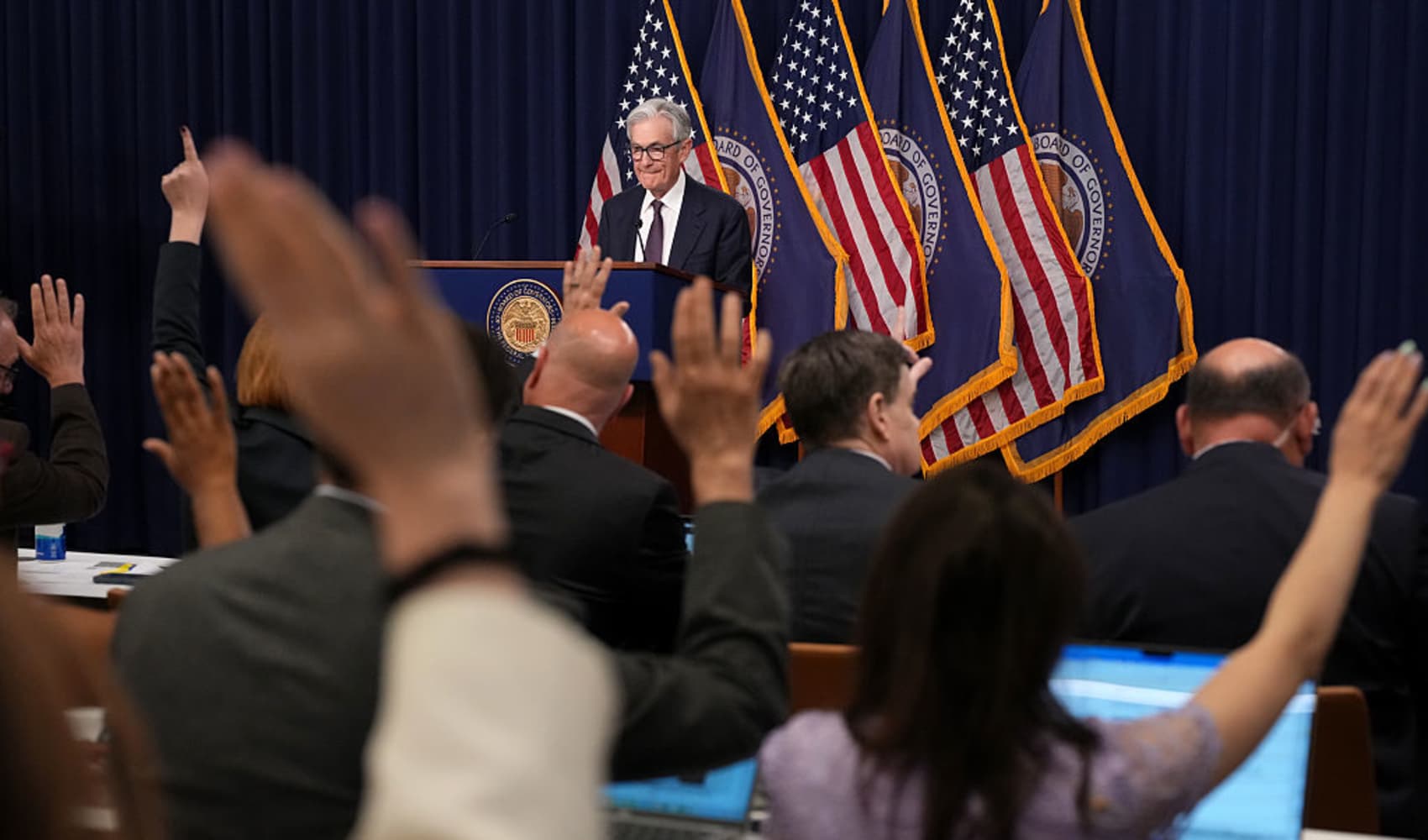13-Year-Old AI Genius: 100+ Colleges Can't Be Wrong!
Teen Genius: 13-Year-Old Accepted to 100+ Colleges, Aims for AI!
Introduction: A Prodigy's Path to Artificial Intelligence
Imagine being 13 years old and holding acceptance letters from over 100 colleges and universities. Seems like a dream, right? Well, for Sunny Nguyen, a bright young mind from the Bay Area, California, this isn't just a dream, it's reality! He's not just getting into college; he's attracting offers exceeding a staggering $3 million in scholarships. But what's even more fascinating than his academic prowess? His burning desire to delve into the complex world of Artificial Intelligence (AI).
A Mind That Sees Beyond the Ordinary
What sets Sunny apart? His father, Tommy, describes it best: "Sunny's always been special. When he was little, he could see all the numbers and all the shapes." This innate ability to grasp complex concepts has propelled him far beyond his peers. At the tender age of 12, he was already conquering calculus problems like they were child's play. It's not just about memorization; it's about understanding the underlying principles, a trait vital for success in a field as demanding as AI.
The Allure of Artificial Intelligence
Why AI? In an interview with NBC Bay Area, Sunny expressed his desire to major in computer science with a specific focus on artificial intelligence. But what is it about AI that captivates this young prodigy? Is it the challenge? The potential to create groundbreaking technologies? Or perhaps it's the opportunity to shape the future? The possibilities within AI are seemingly endless.
Location, Location, Location: Finding the Right Fit
Despite having the pick of the litter when it comes to universities, Sunny is considering staying close to home. He's looking for a college with an excellent computer science program near San Jose, California. Makes sense, right? Having a strong support system and a familiar environment can be crucial for a young student navigating the challenges of higher education. Plus, Silicon Valley is a hotbed of tech innovation, offering invaluable opportunities for internships and networking.
The Scholarship Bonanza: More Than Meets the Eye
We mentioned the $3 million in scholarships, but get this: that number is likely an *underestimate*! "I think more than that. I lost count," Sunny confessed. It's a testament to his incredible achievements and the immense potential universities see in him. But scholarships aren't just about the money; they're an investment in the future, a recognition of talent, and a vote of confidence in Sunny's ability to make a significant impact.
Why is AI So Important?
Artificial Intelligence has revolutionized many aspects of our lives, and its influence is only growing. Think about the recommendation systems on your favorite streaming services, the navigation apps that guide you through traffic, or even the spam filters that protect your inbox. All of these are powered by AI. It's not just about robots and futuristic technology; it's about making our lives easier, more efficient, and more informed.
The Ethical Considerations of AI
With great power comes great responsibility, and AI is no exception. As AI systems become more sophisticated, it's crucial to address the ethical implications of their use. Issues like bias in algorithms, data privacy, and the potential for job displacement need careful consideration. Responsible AI development is essential to ensure that this powerful technology benefits humanity as a whole.
The Future of AI: Sunny's Potential Impact
What will Sunny contribute to the world of AI? It's impossible to say for sure, but given his exceptional talent and passion, the possibilities are limitless. He could develop groundbreaking algorithms, create innovative AI-powered solutions, or even become a leading voice in the ethical development of AI. He has the potential to shape the future of this transformative technology.
Mentorship and Guidance: Key to Success
Even a brilliant mind like Sunny's can benefit from mentorship and guidance. Finding experienced professionals who can share their knowledge and insights can be invaluable as he navigates the complexities of AI research and development. Mentors can provide advice, offer support, and help him avoid common pitfalls, accelerating his learning and growth.
The Importance of a Strong Foundation
While Sunny's natural aptitude is undeniable, a strong foundation in mathematics, computer science, and related fields is essential for success in AI. This includes mastering concepts like linear algebra, calculus, probability, and statistics, as well as gaining proficiency in programming languages like Python and Java. A solid understanding of these fundamentals will enable him to tackle even the most challenging AI problems.
Beyond the Classroom: Practical Experience
Learning doesn't just happen in the classroom. Practical experience through internships, research projects, and personal coding projects is crucial for developing real-world skills. Working on real-world AI applications allows students to apply their knowledge, learn from their mistakes, and gain valuable experience that will make them more competitive in the job market.
The Role of Universities in AI Education
Universities play a vital role in shaping the next generation of AI researchers and engineers. They provide the resources, expertise, and infrastructure necessary for students to learn and conduct cutting-edge research. The quality of a university's computer science program, its faculty, and its research opportunities are all important factors to consider when choosing a school.
The Power of Collaboration in AI
AI is a collaborative field that requires teamwork and communication. Working with other students, researchers, and professionals can lead to new insights, innovative solutions, and a deeper understanding of the field. Collaboration fosters creativity, encourages diverse perspectives, and accelerates progress.
The Road Ahead: Challenges and Opportunities
The path to becoming an AI expert is not without its challenges. It requires dedication, perseverance, and a willingness to learn continuously. However, the opportunities are immense. AI is a rapidly growing field with a high demand for skilled professionals. By pursuing a career in AI, Sunny can make a real difference in the world.
Sunny's Journey: An Inspiration to Us All
Sunny's story is an inspiration to students of all ages. It demonstrates that with hard work, passion, and a curious mind, anything is possible. His achievements serve as a reminder that age is just a number and that the potential for greatness lies within each of us. Sunny's journey encourages us to embrace our talents, pursue our dreams, and never stop learning.
Conclusion: A Bright Future Powered by AI
Sunny Nguyen's extraordinary journey, marked by over 100 college acceptances and a burning desire to study AI, is a testament to the power of intellect, passion, and opportunity. He embodies the potential for young minds to shape the future of technology. With a strong foundation, mentorship, and a collaborative spirit, Sunny is poised to make a significant contribution to the world of AI. We eagerly anticipate witnessing his future achievements and the impact he will undoubtedly have on this transformative field.
Frequently Asked Questions
Here are some frequently asked questions about Sunny Nguyen and his pursuit of AI:
- What specifically interests Sunny about AI?
Sunny hasn't explicitly stated one specific reason, but it's likely a combination of the intellectual challenge, the potential for innovation, and the opportunity to solve real-world problems that draws him to the field. - Does Sunny have any specific AI-related projects he's working on?
This hasn't been publicly disclosed. Given his age and academic focus, it's likely he's still in the foundational learning stages, but undoubtedly exploring various AI concepts. - What are some of the universities Sunny is considering?
While he hasn't publicly named specific universities, he's indicated a preference for schools with strong computer science programs near his home in San Jose, California. This suggests he might be considering institutions like Stanford, UC Berkeley, or Santa Clara University. - How can other young people cultivate an interest in AI?
Start with learning the fundamentals of math and computer science. Explore online resources like Khan Academy and Codecademy. Participate in coding clubs or competitions. And most importantly, stay curious and experiment with different AI concepts. - What advice would you give to Sunny as he embarks on his AI journey?
Embrace the challenges, seek out mentors, collaborate with others, and never stop learning. The field of AI is constantly evolving, so a commitment to lifelong learning is essential. And remember to have fun along the way!








